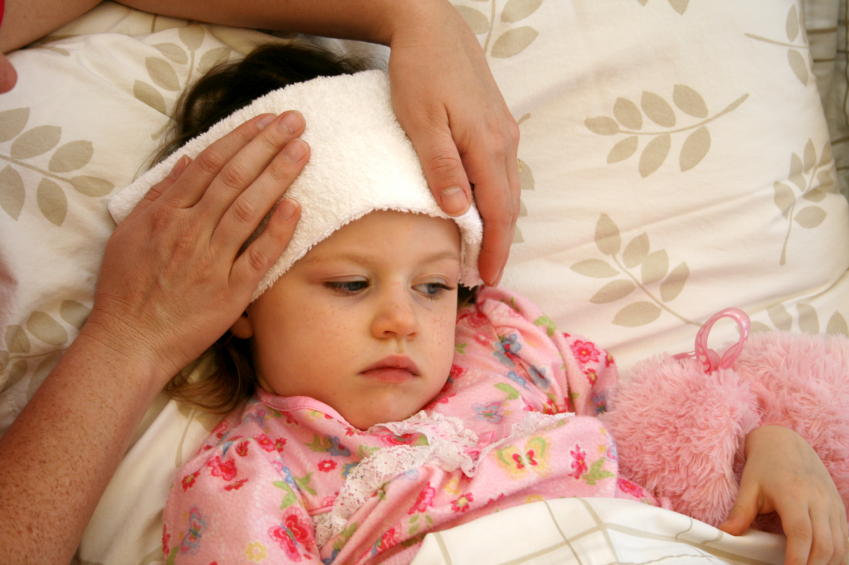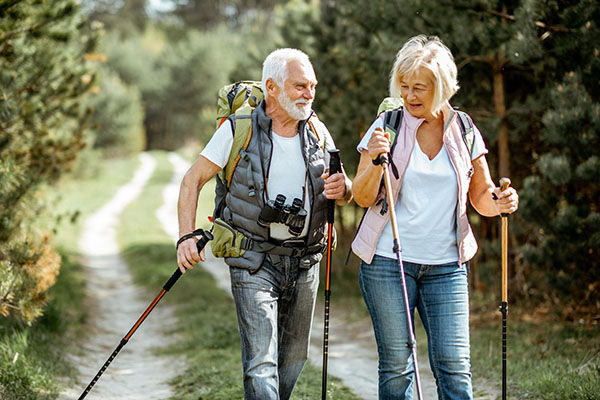LOCKDOWNS KILL: Study reveals social isolation can increase inflammation in the body
02/12/2024 / By Zoey Sky

According to a study, spending too much time on your own can increase inflammation in the body. Details of the study were published in the journal Brain, Behavior, and Immunity.
The research team warned that being excessively solitary may impact both your mental health and your physical health. This highlights the often-forgotten importance of balancing your digital connections and the need for genuine human interaction.
The researchers conducting the study focused on “the impact of social isolation during early adulthood and midlife.” The results showed that there was a strong correlation between loneliness and inflammation markers.
The research team also said it was worth noting how childhood isolation was closely linked to higher soluble urokinase plasminogen activator receptor (suPAR) levels, a marker of chronic inflammation.
They added that this association persisted into adulthood, highlighting the long-lasting effect of early-life social experiences on inflammatory responses.
The research used diverse data sources to support their findings, such as data from the TRIAGE Danish study, a longitudinal study conducted in New Zealand and a comprehensive British twin analysis. The combined findings consistently stressed the crucial role of social isolation in influencing inflammation levels, as specifically evidenced by suPAR.
Overall, the study shows the negative consequences of social isolation, especially when living alone, because it contributes to elevated suPAR levels, signaling chronic inflammation.
This link also proved robust across various demographic groups, suggesting that social experiences may have a lasting influence on the body’s inflammatory responses over time. (Related: Thai black ginger found to delay arthritis progression and suppress inflammation.)
Avoid social isolation by fostering healthy relationships and caring for your overall well-being
You may find yourself spending a lot of time on your devices and social media in today’s modern world.
If you are worried about your physical and mental health, follow these tips to improve your social connections and create a sense of community.
They can also help prevent social isolation linked to inflammation:
Join group activities
If you have different hobbies but no one to share them with, look for group activities or classes in your neighborhood.
Joining these groups will help you share your love for your interests, like a book club or gym class.
Volunteer in your community
Volunteering doesn’t just help you feel like part of your community, it also gives you a chance to contribute to a greater cause as you connect with others who share your passion for making a positive impact.
Volunteering at the local animal shelter or soup kitchen is a fulfilling way to build a sense of community.
Attend local events
Instead of mindlessly scrolling social media while you’re in bed, go outside and explore different events in your local community.
In your free time, attend gatherings, workshops, or cultural events to meet new people and expand your social circle.
Stay connected with loved ones
Don’t spend all day at work or binge-watching TV.
Regularly reach out to your family and friends. If they’re too far away to visit, call them on the phone, video chat, or send a handwritten letter to help maintain strong connections.
Use digital platforms mindfully
Leverage social media to stay connected with friends and family.
Just make sure you’re always mindful of screen time. It’s also better to prioritize in-person or meaningful virtual interactions to strengthen your relationships.
Practice active listening
Talking to family and friends won’t do you any good if you have poor active listening skills.
When engaging in conversations, practice active listening. You can do this by showing genuine interest in a friend’s stories and experiences.
Adopt a pet
Pets can help improve your physical and mental health, especially since they provide companionship and love.
If you are physically able to care for a pet, adopt a dog. They’re great companions because many dog breeds are active and require regular physical activity, which is also good for you if you’re feeling low.
You can also meet new people by walking your dog to the nearest park.
Keep in mind that fighting social isolation is an ongoing process that requires your continued efforts to nurture connections and create a supportive social environment. Maintain healthy habits and care for both your physical and mental health to prevent inflammation linked to many health issues.
Visit Mental.news for more stories about how loneliness and social isolation can affect your mental health and overall well-being
Watch the video below to learn how turmeric can help with inflammation.
This video is from the All About Herbs channel on Brighteon.com.
More related stories:
Loneliness increases risk of PREMATURE DEATH by nearly 30%, declared an EPIDEMIC by surgeon general.
Anti-inflammatory superfoods: Fight inflammation with this creamy broccoli soup recipe.
Sources include:
Submit a correction >>
Tagged Under:
beat depression, childhood isolation, depression symptoms, discoveries, health science, inflammation, loneliness, men's health, mental health, Mind, mind body science, real investigations, research, social isolation, suPAR, tips, women's health
This article may contain statements that reflect the opinion of the author
RECENT NEWS & ARTICLES
COPYRIGHT © 2017 MIND BODY SCIENCE NEWS




















